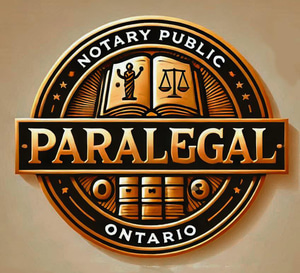Can Employees Submit Secret Workplace Recordings as Legal Evidence?
Teljeur v. Aurora Hotel Group, 2023 ONSC 1324 (CanLII)
### Legal Framework for Secret Recordings
Many people wonder if it's legal to secretly record conversations at work. The legality hinges on specific circumstances.
Section 184 (1) of the Criminal Code states:
Every person who, by means of any electro-magnetic, acoustic, mechanical or other device, knowingly intercepts a private communication is guilty of
(a) an indictable offence and liable to imprisonment for a term of not more than five years; or
(b) an offence punishable on summary conviction.
The crucial term here is "private." If the person recording is a participant in the conversation, it’s not considered private, and recording is generally not illegal.
### Practical Implications in Wrongful Dismissal Cases
However, the legality of recording doesn’t always translate to strategic advantage, particularly in wrongful dismissal cases. The outcomes of two notable cases, Teljeur v. Aurora Hotel Group and Shalagin v. Mercer Celgar Limited Partnership, illustrate this point.
#### Case Study 1: Teljeur v. Aurora Hotel Group
- Context: The plaintiff, a General Manager, was dismissed without cause after three years of service.
- Action: The plaintiff secretly recorded the termination meeting with senior executives.
- Legal Proceedings: The recording was presented as evidence in a wrongful dismissal claim.
- Outcome: The judge requested a transcript of the recording, found it admissible, and gave it significant weight in determining mitigation and moral damages.
#### Case Study 2: Shalagin v. Mercer Celgar Limited Partnership
- Context: The plaintiff recorded discussions with management to protect his rights at work.
- Action: After hinting at litigation following a poor performance review and a denied bonus, the plaintiff was dismissed without cause.
- Legal Proceedings: The court found the recordings constituted after-acquired cause for dismissal, breaching the company’s code of conduct and damaging trust.
- Outcome: The dismissal for cause was upheld by the British Columbia Court of Appeal, as the recordings violated company policy and disrupted workplace relationships.
### Tactical Considerations and Risks
While secret recordings might serve as evidence in wrongful dismissal cases, they can also justify dismissal if deemed after-acquired cause. According to Rule 30.02 of the Rules of Civil Procedure, such recordings are relevant and must be disclosed. If recorded merely to protect work interests, privilege may not apply. Failing to disclose could lead to adverse consequences under Rule 30.08.
### Conclusion
In conclusion, employees should weigh the risks carefully before deciding to record workplace conversations secretly. While it may seem advantageous at the moment, the potential legal and professional repercussions require careful consideration.


